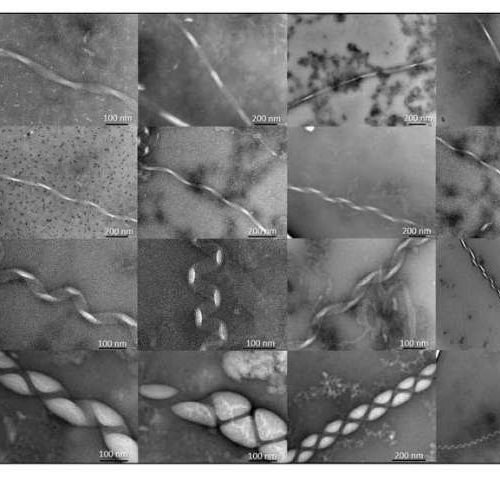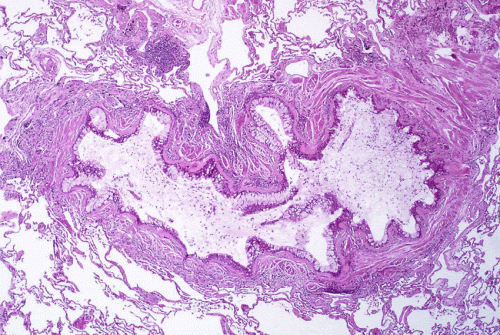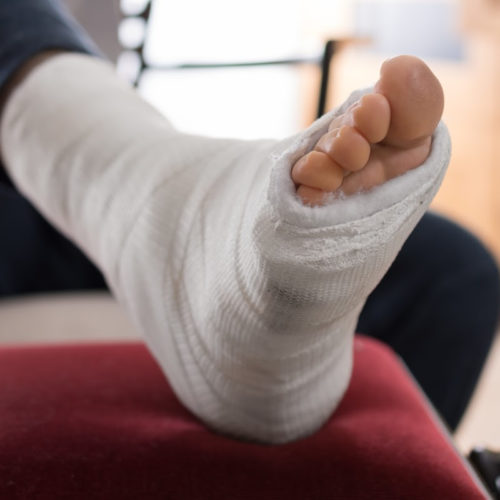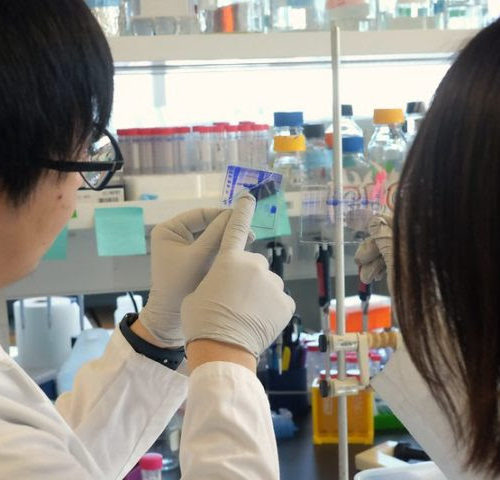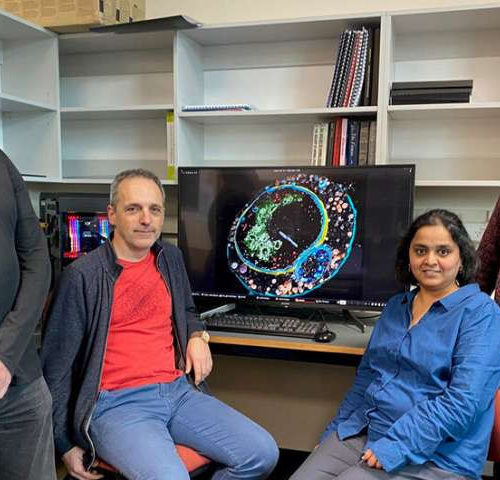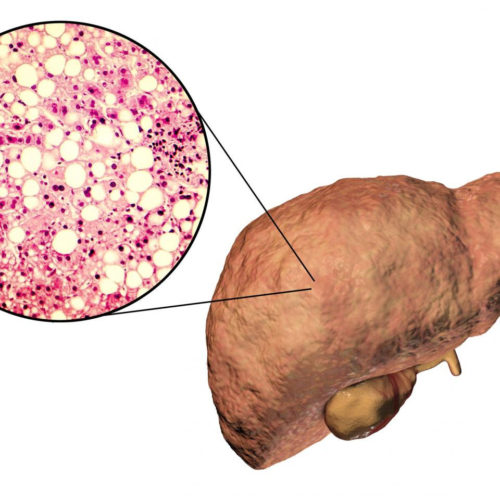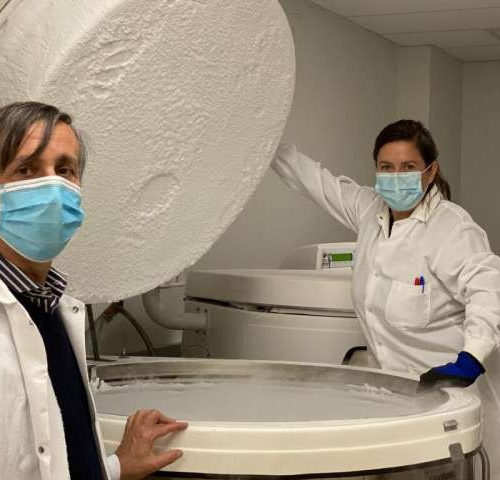by University of Bath Scientists at the University Bath have discovered a series of protein structures that are thought to be highly relevant to the onset of Parkinson’s disease. It is hoped that further analysis of these structures will open up a new avenue for potential treatment for a disease that is the fastest growing...
Tag: <span>Protein</span>
New class of drugs reverses symptoms of asthma in animal models
by Ali Howard, University of Glasgow An international team of scientists, led by the University of Glasgow, has announced findings that could pave the way to a new treatment for asthma and chronic obstructive pulmonary disease (COPD). The breakthrough findings, published today in Science Translational Medicine, identify a new class of drugs that reverse the...
Silky material uses magnetic particles to regrow bone
Silky material uses magnetic particles to regrow bone By Ben Coxworth August 10, 2020 It was just a couple of months ago that we heard about an implantable material that electrically stimulates bone cells, causing them to reproduce. Now, scientists have created a similar substance that utilizes magnetism. There are already a number of experimental...
Researchers find new potential treatment for prion diseases
by Oxford University Press A new study in Nucleic Acids Research, published by Oxford University Press, suggests a possible effective treatment strategy for patients suffering from prion disease. Prion disease is a rapidly fatal and currently untreatable neurodegenerative disease. While prion disease is quite rare, it typically causes rapid neurodegeneration. About 300 cases of prion...
Reducing urinary protein for patients with rare kidney disease slows kidney decline
Even without full remission, reducing proteinuria in patients with FSGS allows their kidneys to function longer and extends time to end stage kidney disease CHILDREN’S NATIONAL HOSPITAL Reducing the amount of protein in the urine of patients with focal segmental glomerulosclerosis (FSGS), a rare disease in which scar tissue forms on the parts of the...
Unlocking how cellular proteins control cancer spread
A new insight into cell signals that control cancer growth and migration could help in the search for effective anti-cancer drugs. A McGill-led study reveals key biochemical processes that advance our understanding of colorectal cancer, the third most common cancer among Canadians. Using the CMCF beamline at the Canadian Light Source (CLS) at the University...
Virus uses decoy strategy to evade immune system, research reveals
by University of Otago University of Otago researchers have learnt more about how viruses operate and can evade the immune system and are now using their discovery to help learn more about COVID-19. The recent research, led by Dr. Mihnea Bostina and Ph.D. student Sai Velamoor from the Department of Microbiology and Immunology and Otago...
Autism: How a gene alteration modifies social behavior
Researchers report on a treatment approach that could normalize social behavior in autism UNIVERSITY OF BASEL A team of researchers at the Biozentrum, University of Basel, has discovered a new connection between a genetic alteration and social difficulties related to autism: A mutation in the neuroligin-3 gene reduces the effect of the hormone oxytocin. In...
Osteopontin, a protein not always as bad as it is made out to be
The UPV/EHU-University of the Basque Country shows that maintaining osteopontin delays the onset of metabolic fatty liver disease during ageing UNIVERSITY OF THE BASQUE COUNTRY THE STUDY INDICATES THAT OSTEOPONTIN IS NECESSARY TO PREVENT THE EARLY ONSET OF NON-ALCOHOLIC FATTY LIVER DISEASE LINKED TO AGEING view more Metabolic fatty liver disease, known as non-alcoholic fatty...
Exposure to common cold coronaviruses can teach the immune system to recognize SARS-CoV-2
by La Jolla Institute for Immunology Your immune system’s ‘memory’ T cells keep track of the viruses they have seen before. This immune cell memory gives the cells a headstart in recognizing and fighting off repeat invaders. Now, a new study led by scientists at La Jolla Institute for Immunology (LJI) shows that memory helper...

